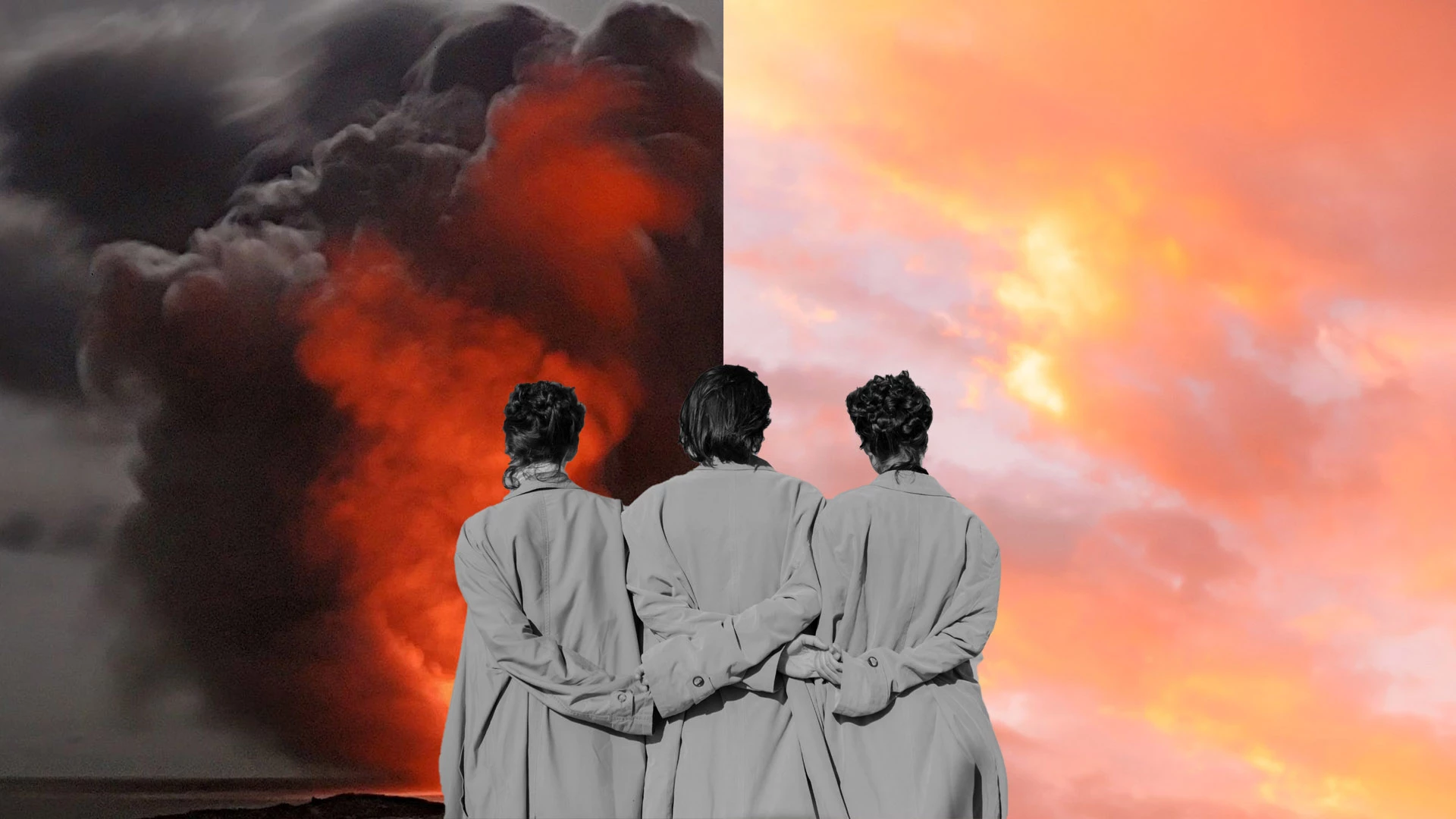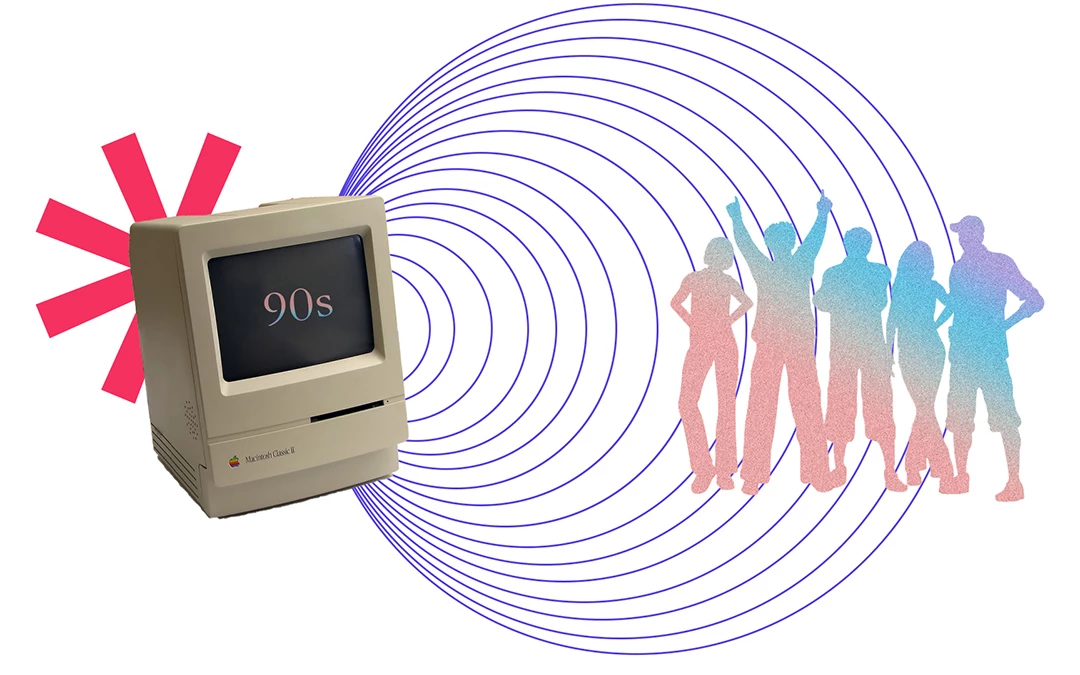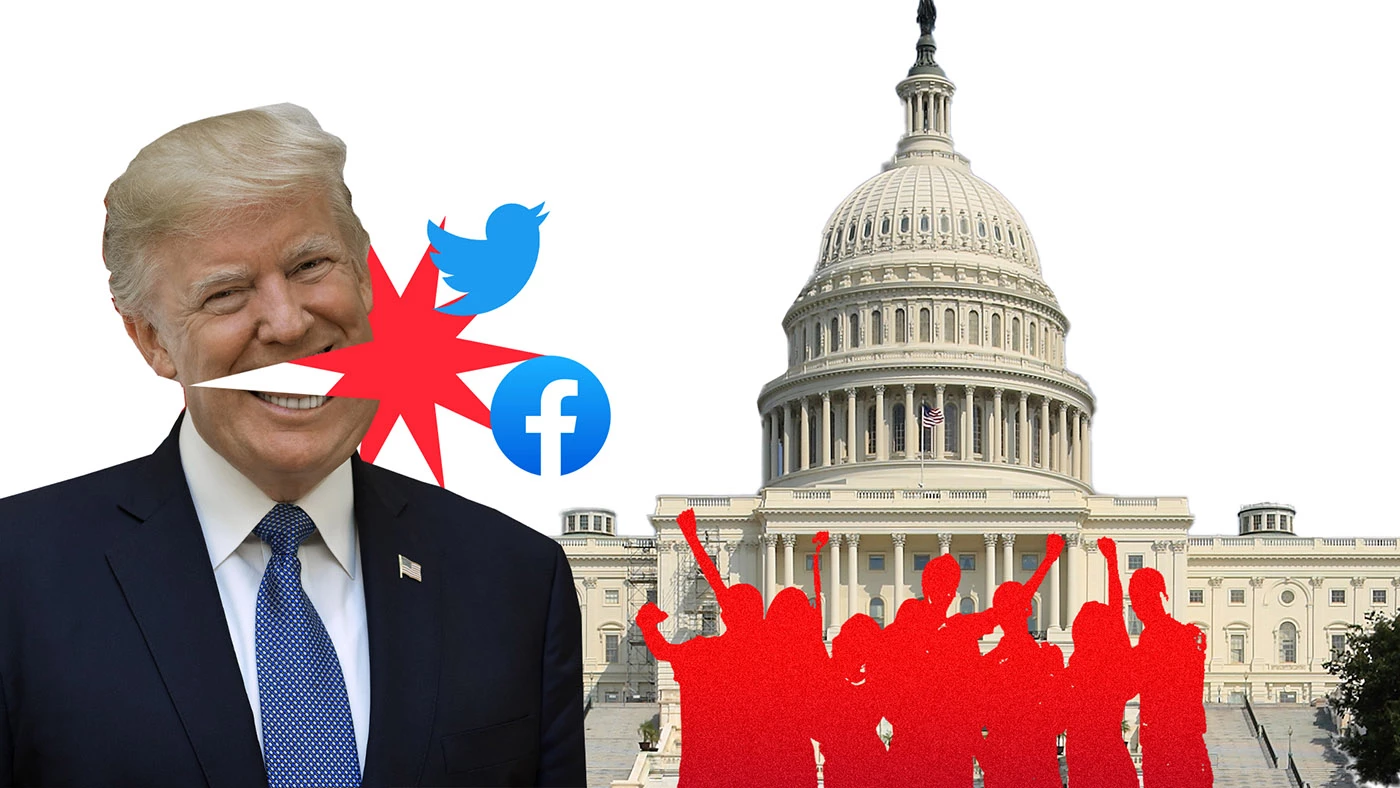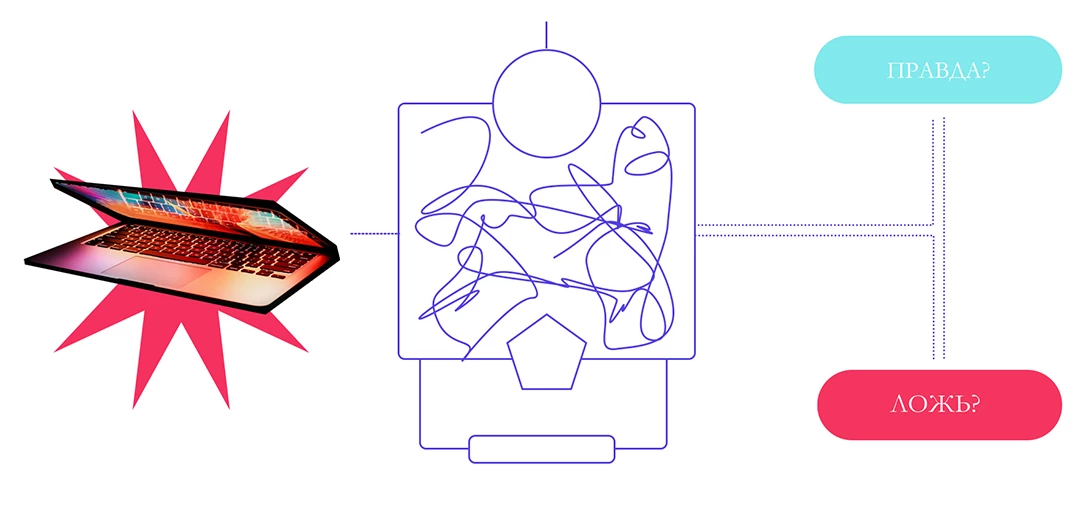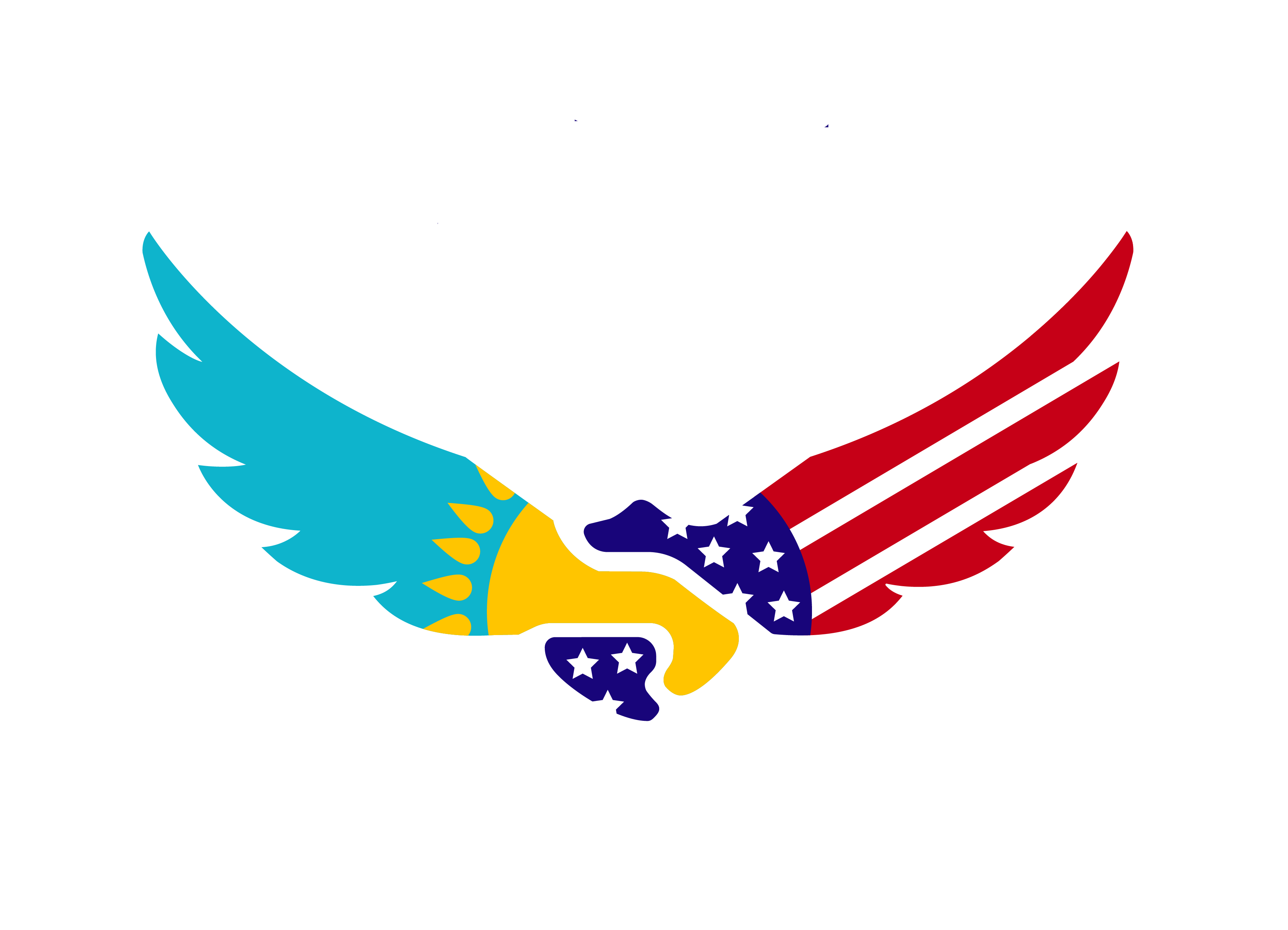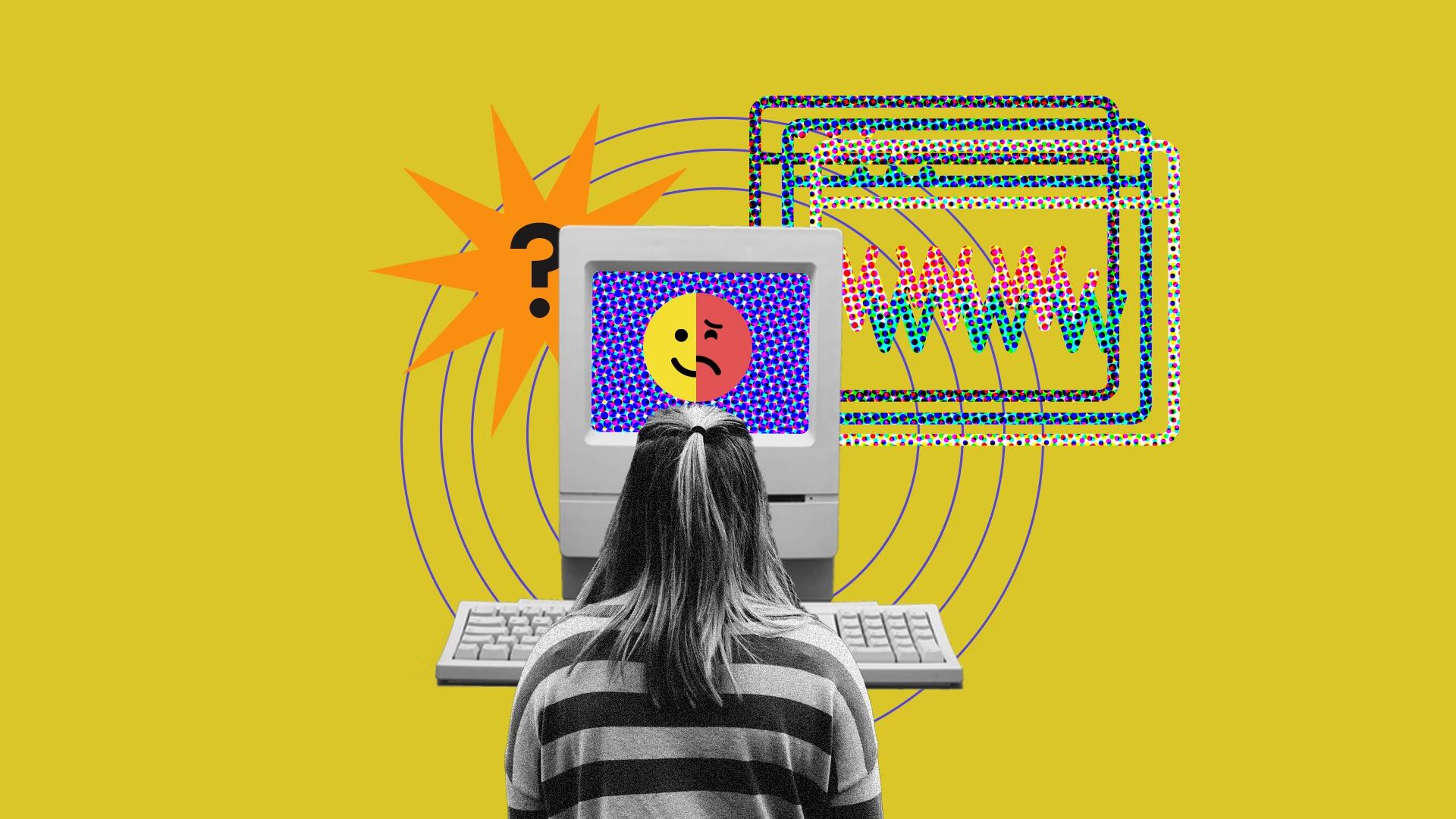
Madi Mambetov on Media Literacy and Critical Thinking
December 6th, 2022
It might seem odd to begin a text about media literacy with theology and terms like “sin” and “soul” but in the past couple of years, what the Good Place series warned us about has not only remained relevant but gained a new, vital importance. Since WWII or maybe the Cuban Missile Crisis, the world has never faced such diverse crises and catastrophes as it has in the past two years. My generation has never seen anything like it.
It seemed that the internet would become the main driver of democracy in the world, and autocracies wouldn’t stand a chance.
And that’s exactly why we are talking about media literacy.
The first time I heard about media literacy was five years ago, when I went on a business trip to the US. It was the first year of Trump’s administration, and half of the country was still trying to understand how this demagogue and populist, which nobody took seriously in the beginning of the 2016 presidential race, suddenly appeared in the Oval Office. In Washington, D.C., a group of colleagues and I had a conversation with teachers of media literacy. It was then when I realized how important this subject was to both school and university curricula, and even for self-study for those who had already finished their formal education long ago. The clever use of social media, targeted Facebook advertising and support from biased conservative media brought to the White House a man who four years later attempted a coup d'état by siccing a horde of insurgents on the Capitol. QAnon and other conspiracy theories and unhinged stories about eating babies and reptilians secretly ruling the planet have resulted in real and terrifying consequences in the real world—the price we pay for our inability to separate the wheat from the chaff, our inability to assess the quality of the information we are given, and our intellectual laziness. And this is not just for the US: there are plenty of good people all around the world who have fallen victim to their own media illiteracy.
The present can seem especially threatening because we live in the post-truth era. Even the most ridiculous, deceitful, or hate-filled statement finds its supporters and justifications. The truth and knowledge based on objective science or facts no longer has the final say. Though this may be frightening, but it does take us back through the bewitching field of online disinformation to the beginning, to proven methods.
Science.
Science has not lost its main goal—to seek, verify, double-check and draw conclusions. Unscrupulous scientists may have tarnished its reputation, but occasional exceptions don’t change the rules of a game. Science can be trusted, which is why we are at the point where we have cures for almost all disease, near-universal literacy, minimal threats of famine, plans to colonize Mars and, of course, iPhones, digital TV and the internet. The COVID pandemic has revealed many things, among them the world’s ability to confront the threat on a global scale and develop a vaccine in less than a year. Yet we’ve seen a lot of people joining the anti-vaxxer movement. They have multiple arguments for their position, but I wonder if they are ready to face the plague, cholera or pox that killed millions of people in the past, the polio that threatened children in every public pool not long ago? These diseases were overcome only thanks to vaccines, and it boggles the mind how vaccination, rightly considered to be almost the most important achievements in the entire history of medicine, suddenly lost credibility in the eyes of many. It took only a few decades of disinformation, and it was done.
Ethics.
It would seem that the basics were written long ago in the holy books of the Abrahamic religions, with their unequivocal position against murder and theft. It would seem that these rules have been clear to everybody for thousands of years. Thou shalt not kill nor endorse murder. Thou shalt not steal. Do not betray, do not be mean, do not lie. Nevertheless, as a species we keep falling into the same trap.Critical thinking.
Back in the 17th century, the philosopher Rene Descartes advised us to doubt everything, and this philosophy of doubt in many respects made it possible to contest the “science” and “ethics” of the previous religious era (when both the flat Earth theory or the belief in basilisks were scientific truths, and for burning lonely old women as witches an ethical act). In the anxiety of our era, one does not want to add the call to doubt everything to our general nervousness—this could easily lead to paranoia. But you can’t do without it.Media literacy is necessary so that each individual stays human, remaining kind, honest, decent, and independent. And everything else follows from there.
Данный проект реализуется с помощью гранта от Посольства США в Нур-Султане, Казахстан. Мнения, выраженные в материалах, принадлежат их авторам и не обязательно отражают точку зрения Правительства США или Дипломатической Миссии США в Казахстане.
